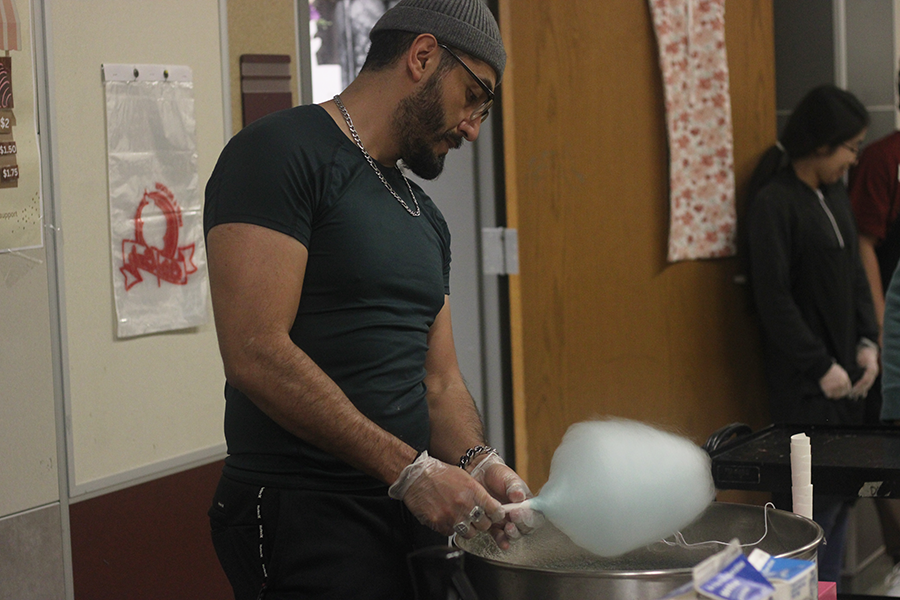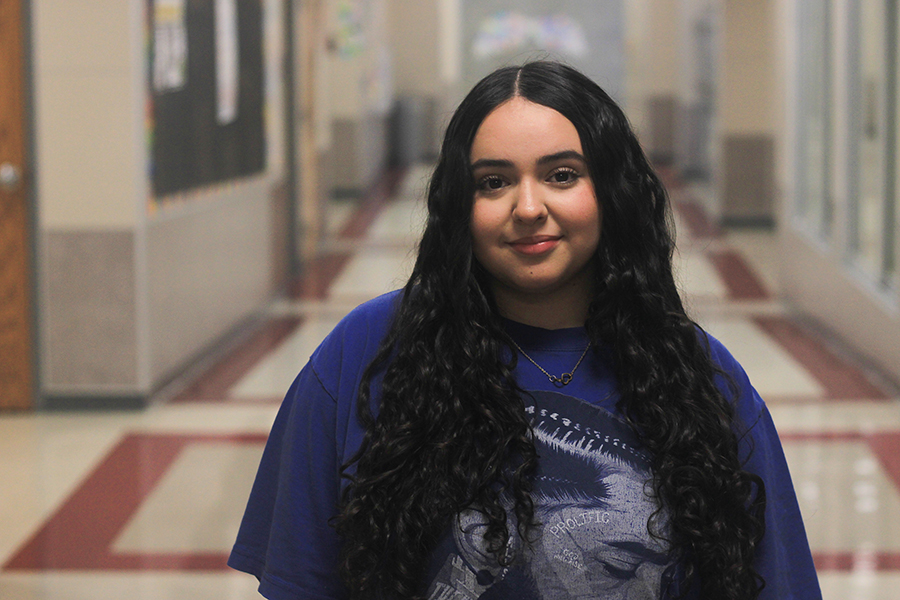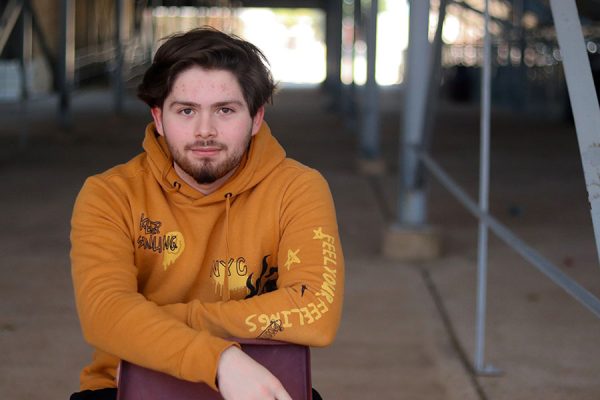Due to Texas House Bill 114 that went into effect on Sept. 1, students will face stricter disciplinary actions for carrying or using e-cigarettes and vapes on or within 300 feet of school property. Offending students will be placed in the disciplinary alternative education program (DAEP) for a minimum of 20 days.
“I would say way more people vape now than smoke when I was a kid,” assistant principal Lanele Lindsey said. “When I was in high school, very few kids smoked, but now vaping is popular in middle school. I don’t know if the punishment will help the kids, but I hope it’ll be a wake-up call.”
The e-cigarette issue among students is growing concern, as students already have experiences with friends vaping. There have been students who cause disciplinary issues for other students by association.
“Every time I go to the bathroom I see people doing bad things,” StuCo project officer Chris Gallegos said. “I just have to turn around and not be involved, and if there is someone I know, I’ll tell them they shouldn’t be doing that and let them know the law.”
Students have hope about the effectiveness of the law.
“I like the change in the law,” Gallegos said. “It’ll make kids scared to [vape] and it will make them stop because they don’t want to go to DAEP. If a kid sees it as a problem, he’ll fix the problem at hand, but the law won’t change people, it just depends on the kid’s morals.”
The district is starting the HOPE program as an alternative to punishment with the goal of helping reduce the number of students in DAEP.
“The HOPE program covers a variety of topics including self-awareness, relationship skills and responsible decision-making,” principal Jim Baker said. “Parents and students attend together but also meet with other parents and students.”
Districts across the state, including LISD, utilize nicotine sensors, bathroom checks, radios and cameras to crack down on e-cigarette usage.
“When the sensors go off, we get a text alert and go down to the bathroom,” Lindsey said. “Sometimes they might try to hide it or flush it, and sometimes the staff hears something and goes into the restroom and catches some kids vaping.”
The large-scale extent of vaping has been growing with e-cigarette sales up 46% from 2020- 2022.
“Yeah, vaping causes lung problems, but it changes the way you think, it changes your mind,” Gallegos said. “People’s friends make them start to vape, let them see their friends do it around them and get an offer and just do it.”
Around the state, schools have taken action to reduce the number of students using e-cigarettes including participating in Red Ribbon Week and putting up posters telling students about the health consequences.
“I put up those [anti-vaping] posters so people will see vaping is bad and give them the idea that they probably shouldn’t get caught vaping at school,” Gallegos said.
The extent of the e-cigarette problem is a consistent issue among students.
“The culture around the type of kids who get caught vaping is diverse,” Dack said. “It’s not typically coming from a specific demographic but all types of kids vaping–no matter their race or if they’re rich or poor.”














